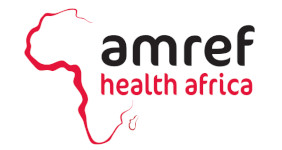Universal Health Coverage in Uganda
The Ugandan government has signed onto several international protocols aimed at increasing citizens’ access to good quality care and increasing financing to the health sector. Such protocols include the Common African Position on the post-2015 development agenda, the UN’s Sustainable Development Goals (SDGs) as well as the Abuja Declaration (2001) where it commits 15% of its budget to improving the health sector.
However, in Uganda, there is still limited access to healthcare and at 41% out-of-pocket expenditure. This has meant that sometimes, people have to sell their investments to pay for healthcare, which has kept them in poverty.
In Uganda, the Health Sector Development Plan (HSDP) 2016-2020 emphasises the need "to accelerate movement towards Universal Health Coverage”. This renewed focus on UHC is in line with Uganda’s second National Health Policy (NHPII), whose overriding aim is to; improve access to the national minimum healthcare package - i.e. a basic package of essential healthcare services; shield healthcare service consumers from catastrophic health spending; and ensure equity in access to healthcare services.
According to a policy paper by the EconomicPolicy Research Centre, to accelerate Uganda’sprogress towards UHC, the following should beaddressed:
- Investments in health infrastructure (to providefacilities that have the necessary equipment) should be undertaken to a greater extent, especially in regions with low health facility population coverage
- It is paramount for the current staffing norms to be reviewed, especially for critical cadres, and more critical health workers should then be recruited in order to satisfy the revised critical cadre staffing norms; effective staff retention initiatives should also be implemented
- Healthcare coverage for reproductive, maternal, newborn, and child health should be scaled up during this process, interventions should aim to maintain the successes observed for immunizatio ,and the existing gaps in lagging intervention areas should be addressed
- Uganda should aim to institute a coherent set of health sector policy reforms that are effectively implemented and emphasise a health financingpolicy that is comprehensive enough to cover boththe formal and informal sectors


























